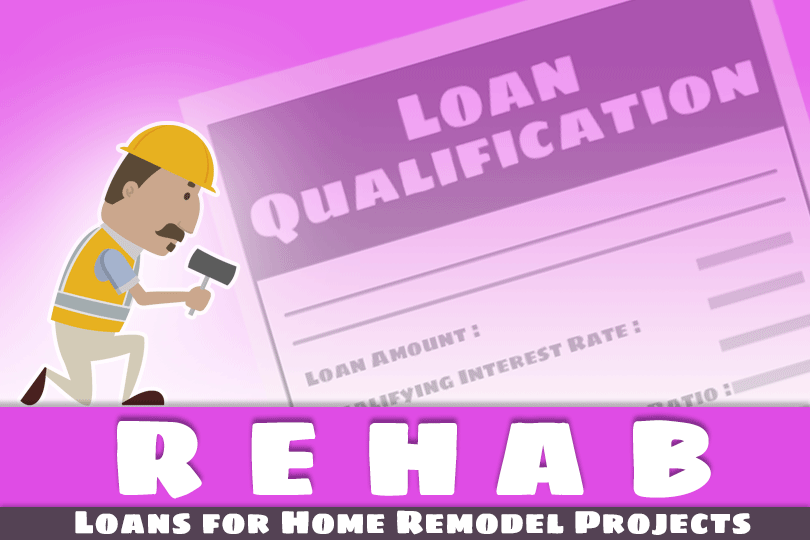Some Important Points About FHA Rehab Loans
September 13, 2023
There are two types of FHA rehab loans. Limited 203(k) is an option for minor home improvements, such as cosmetic changes, repairs, or upgrades, with a maximum repair cost of $35,000. Standard 203(k) is is for more substantial renovations, structural repairs, or the purchase of homes that need significant work. The repair costs can be significantly higher, and it's a more complex process.
These rehabilitation loans are available to both first-time homebuyers and existing homeowners looking to refinance and renovate their homes. Borrowers must meet the FHA's credit and income requirements, as well as other standard loan criteria. The property being financed must meet certain standards, including being a one- to four-unit dwelling that has been completed for at least one year.
Once a borrower identifies a property in need of repairs or renovations they then find a lender approved by the FHA to originate 203(k) loans. A HUD consultant may be required for the standard 203(k) loan to evaluate the scope of work and oversee the project.
The loan amount is based on the property's value after repairs, plus the cost of the renovations.
The borrower makes a down payment (typically 3.5% of the total loan amount) and the loan covers the purchase price and renovation costs.
FHA rehab loans can be used to make various types of repairs, from structural changes to energy efficiency upgrades. Common projects include kitchen and bathroom remodels, roof repairs, plumbing and electrical work, and making the home more energy-efficient. These loans allow buyers to purchase homes in need of repair or upgrade, potentially at a lower price than if they were in perfect condition. And because they're government-backed loans, they allow borrowers with lower credit scores or smaller down payments to qualify.
The drawback is that the FHA loan process can be more complex and time-consuming compared to traditional mortgages. Borrowers must adhere to strict FHA guidelines, including the use of approved contractors and a limited timeline for completing the renovations.
Borrowers considering an FHA rehab loan should work closely with FHA-approved lenders and, if necessary, HUD consultants to ensure they meet all requirements and navigate the process smoothly.
------------------------------
RELATED VIDEOS:
Home Equity Can Secure Your Second Mortgage
Consider the Advantages of Discount Points
FHA Limits are Calculated and Updated Annually

FHA Loan Articles
November 20, 2024Refinancing your mortgage offers a way to cash in on your home equity, potentially reduce your interest rate, or modify your loan term. Borrowers ready to consider have options including FHA loans and conventional loans.
While both provide avenues for refinancing, each loan type may be best for specific needs and financial circumstances. What are the differences between FHA and conventional refinance options?
November 14, 2024The home you want to buy might seem perfect, or it may have a few flaws that are acceptable in the grand scheme of things. But what about issues you can’t spot just by walking through the property a few times? A home inspection provides an unbiased, expert assessment of the property's condition, uncovering potential issues that might not be noticeable to the untrained observer.
November 12, 2024Escrow is an important feature of most typical FHA loans. An escrow account is a third-party account where borrowers deposit funds designated for property taxes and other uses. Requirements to use escrow accounts typically stems from a need to protect all parties involved in the transaction
November 2, 2024When it’s time to consider buying a home, the Federal Housing Administration (FHA) offers two popular options. One is the traditional FHA purchase loan many use to buy a house in the suburbs. But not everyone wants to buy an existing property. Some want more control over the design and configuration of the home.
The other FHA construction loan option, the one-time close mortgage, comes in here. This option is for those who want to approve floor plans, have a say in the types of materials used to build the home and choose its features.
October 31, 2024When buying a home for the first time, it helps to know how long the process can take. How do you know if your appraisal report is delayed if you don’t know how long the FHA allows for the process to be completed? How long does it take to get from the final offer to closing day? A “typical” FHA loan process may take up to 45 days from start to finish. Several factors can influence this timeline.







